Table of Contents
Trying to find the best face mask for acne in the numerous options available may be frustrating. This is a guide that answers questions about acne masks, what they are, their benefits, and how to determine which one suits your skin best. Find the best face mask for acne prone skin. Learn about ingredients like retinol and tea tree oil and discover how to choose the right mask for your specific needs.
Understanding Acne: Causes and Why Masks Are Effective
Acne comes from the pores getting clogged, producing excess oil and bacteria accumulation. The disorder may also be caused by hormonal imbalances and exposure to the environment. This is effective because masks do not target a particular portion of the skin but clean and penetrate it with active agents.
Using the best acne mask will reduce inflammation, remove irritation, and prevent a breakout.
The Best Face Mask for Acne: Retinol-Based Solutions
Retinol-based masks are the best face mask for acne to offer a potent solution for acne-prone skin. Retinol, a vitamin A derivative, works wonders by unclogging pores, reducing inflammation, and regulating oil production.
Why are retinol-based masks for acne recommended?
Retinol is a derivative of Vitamin A that has a reputation for fighting acne. It enhances cell turnover, opens up pores, and reduces acne marks.
Advantages of retinol-based masks:
- Removes blackheads and whiteheads.
- Makes the skin smooth.
- Minimizes post-acne pigmentation.
Retinol masks are best suited for oily and combination skin types but should be used gradually to avoid irritation.

Tea Tree Oil-Based Masks for Acne
Tea tree oil-based masks offer a natural approach to managing acne. Tea tree oil, renowned for its antibacterial and anti-inflammatory properties, can help reduce acne-causing bacteria and soothe inflamed skin.
Benefits of tea tree oil masks:
- Destroys acne-causing bacteria.
- Reduces inflammation and redness.
- Controls the production of excess sebum.
A Peel-Off Face Mask with Aloe Vera & Cucumber infused with tea tree oil can provide extra moisturizing and soothing benefits to irritated skin, which is a perfect fit for sensitive skin.
Retinol vs Tea Tree Masks
Which is better, retinol or tea tree masks?
Both retinol and tea tree masks are effective but suitable for different individual skin needs.
|
Feature |
Retinol Masks |
Tea Tree Masks |
|
Skin Type |
Oily, acne-prone |
Sensitive, inflamed |
|
Primary Benefit |
Reduces acne scars |
Soothes irritation |
|
Usage Frequency |
2-3 times a week |
Suitable for frequent use |
For severe acne, retinol-based masks are recommended, while tea tree oil masks work well for mild to moderate breakouts.
How to Select the Best Face Mask for Acne Based on Your Skin
To choose the best face mask for acne, consider the following:
- Skin Type
- Oily Skin: Use clay or retinol masks.
- Dry Skin: Use hydrating masks containing soothing ingredients.
- Active Ingredients
- Retinol if you have acne scars or severe acne.
- Tea tree oil if your acne is mild and you just have redness.
- How Often To Use
- Use masks with strong actives like retinol with caution.
- Sun Protection
- Pair your mask routine with a Hyaluronic Sunscreen Cream with SPF 50 to protect your skin from damaging UV rays after exfoliation.

How to Use an Acne Mask Effectively
Maximize the benefits of your acne mask by following these steps for optimal results:
1. Clean Thoroughly
- Wash off dirt and makeup using a gentle cleanser.
2. Steam Your Face
- Open your pores using steam for better penetration of the mask.
3. Apply Evenly
- Apply the mask in a thin, even layer, avoiding the eye area.
4. Follow Instructions
- Leave the mask on for the recommended time to avoid over-drying.
5. Moisturize
- After removing the mask, apply a lightweight moisturizer to lock in hydration.
Conclusion
The best mask for acne depends on your skin type and the severity of your condition. I, as a first-person, have discovered that masks containing retinol help in treating stubborn acne scars. For you as a second person, tea tree oil masks could be what you need to soothe inflamed skin. Incorporating the right mask into your routine can really make a difference in your skincare journey, resulting in clearer and healthier skin. Make sure to choose well and couple it with an effective skincare routine for better long-term results.
Follow us on:- Facebook, Instagram, YouTube
Read More:- How to Choose the Best Night Cream for Skin Brightening?



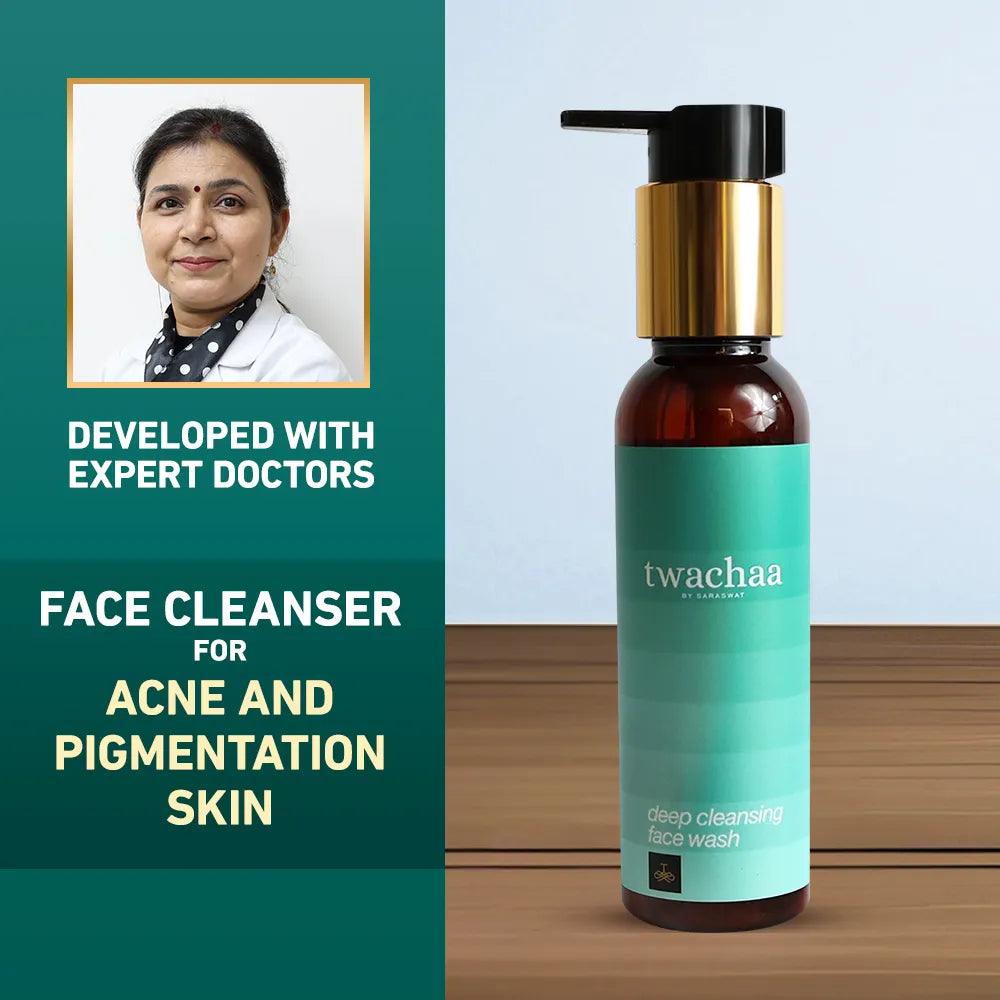
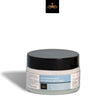
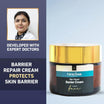
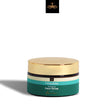
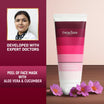
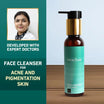
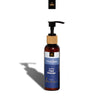
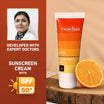
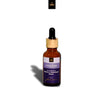
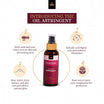
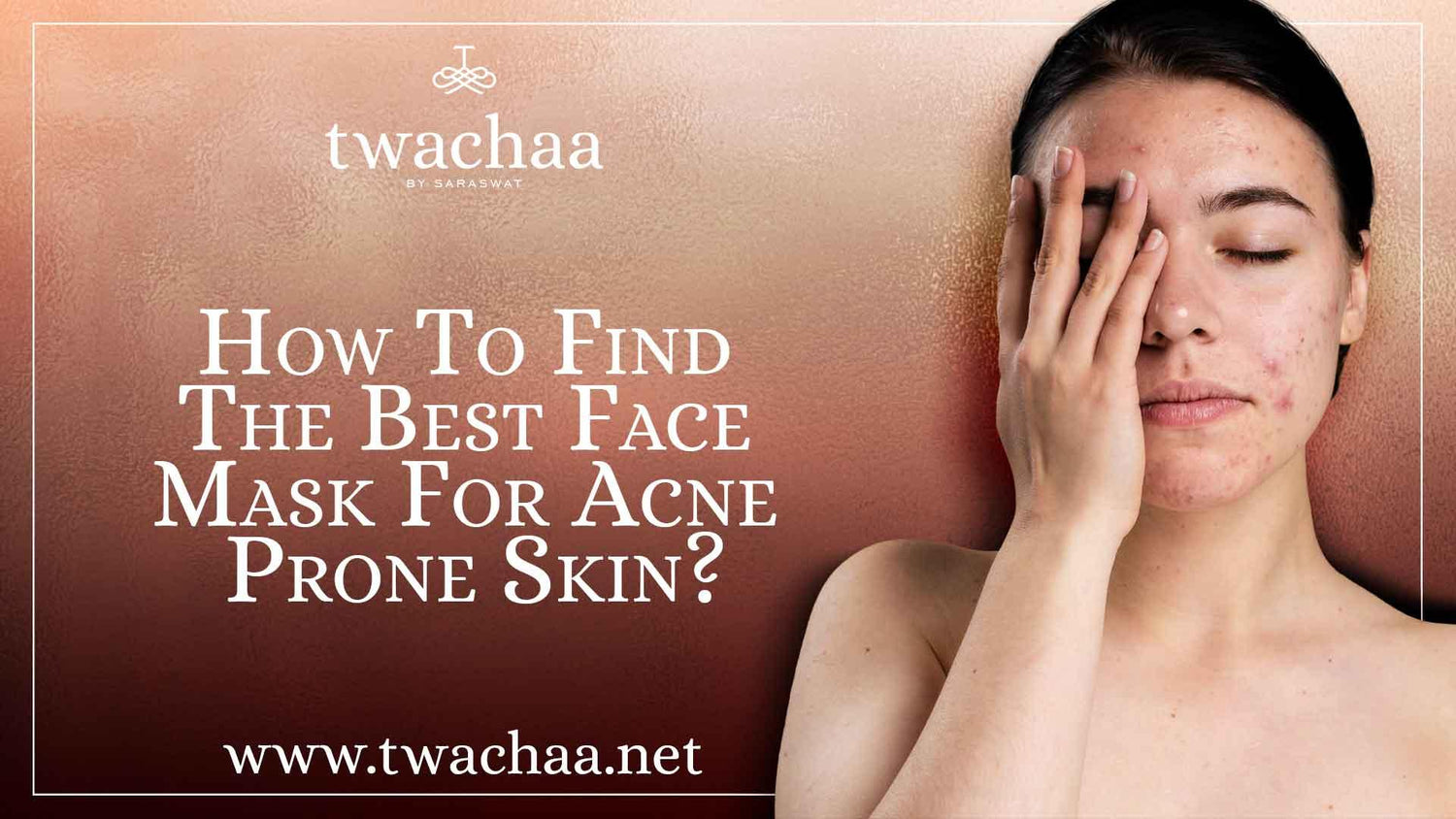


Leave a comment
This site is protected by hCaptcha and the hCaptcha Privacy Policy and Terms of Service apply.